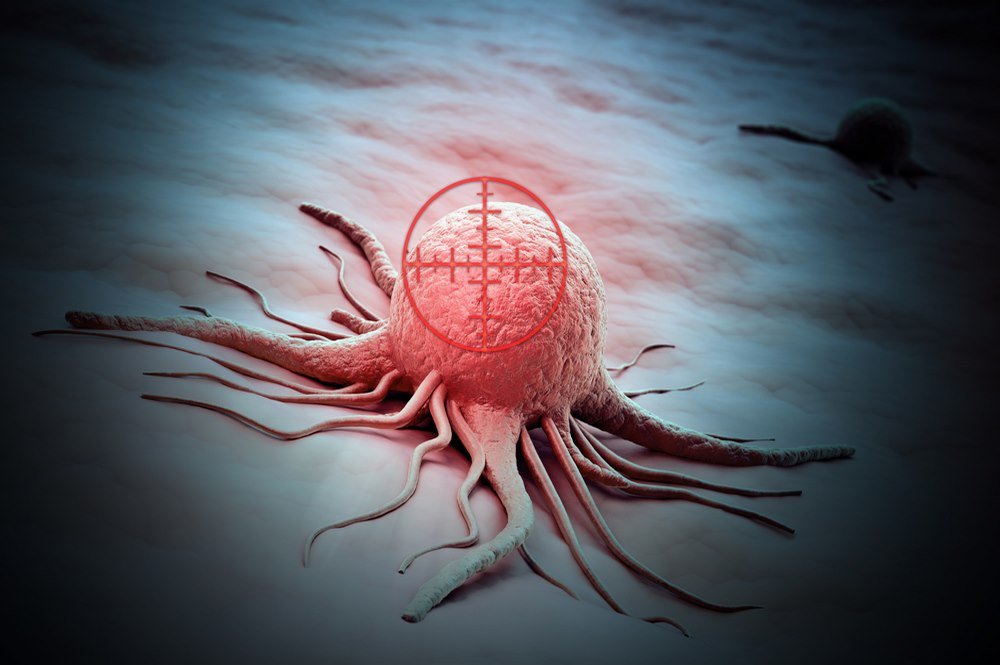Targeted therapy

Targeted therapy is another treatment for controlling brain tumors. This therapy comprises of angiogenesis inhibitors. The term angiogenesis means the process of formation of new blood vessels. Angiogenesis promote the tumor growth and reproduction. With the increase in the size of the tumor, it demands more oxygen and nutrients from the blood. This demand triggers the angiogenesis, resulting in the production of more blood vessels in order to cope up with the high nutritional demands of the tumor which further increase the rate of growth of tumor.
The targeted therapy involves angiogenesis inhibitors which stop the process of production of new blood vessels. This aids in stopping the growth of new cells by discontinuing the blood supply that support and nourish the tumor cells. When the blood vessels linked to the tumor are destroyed, the tumor is not able to receive ample amount of nutrients and oxygen from the blood required for the replication. Hence, this shortage of blood supply causes the tumor to shrink and retard the tumor growth. But this therapy does not destroy the tumor completely.
Angiogenesis inhibitor only targets the tumor cells and do not affect the growth of normal cells, and it does not have many side effects. Some side effects include:
- Diarrhea
- Heart attack
- High blood pressure
- Blood clotting

